Table of Contents
When it comes to building muscle, proper nutrition plays a vital role in achieving your desired results. Alongside regular exercise and an effective training program, consuming the right foods can optimize muscle growth, strength, and overall athletic performance. This comprehensive guide will explore the best foods for muscle gain, highlighting the importance of macronutrients and micronutrients, providing meal planning tips, and offering strategies for maximizing muscle development.

1 Understanding Muscle Growth
Before diving into the best foods for muscle gain, it’s essential to understand the process of muscle growth. When you engage in resistance training or strength exercises, you create micro-tears in your muscle fibers. These tears initiate a process known as muscle protein synthesis, where your body repairs and rebuilds the damaged fibers, resulting in increased muscle mass and strength.
2 The Importance of Nutrition for Muscle Gain
Nutrition serves as the foundation for muscle gain. Without proper nourishment, your body lacks the necessary building blocks and energy to support muscle growth. The following sections will explore the macronutrients and micronutrients crucial for optimizing muscle development.
3 Macronutrients for Muscle Building
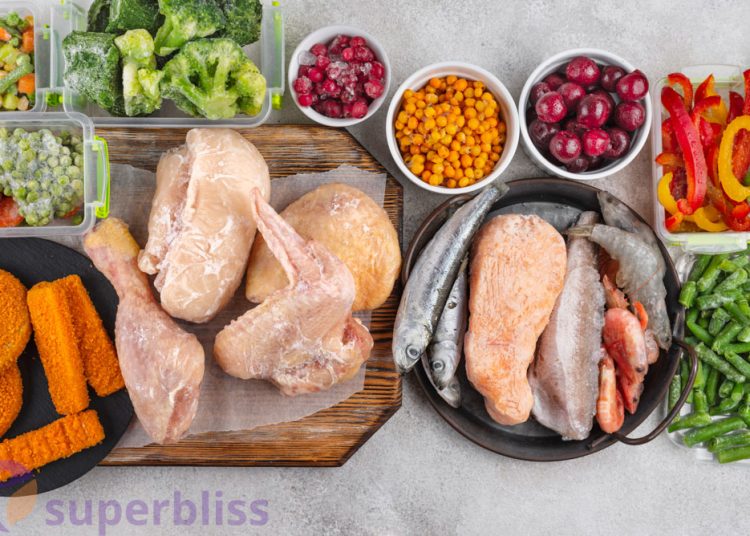
Protein: The Building Block of Muscles
Protein is the primary macronutrient responsible for muscle growth and repair. It provides essential amino acids that aid in the synthesis of new muscle tissue. Incorporate high-quality protein sources such as lean meats, poultry, fish, eggs, dairy products, legumes, and beans into your diet.
Carbohydrates: The Energy Source
Carbohydrates are a vital source of energy for intense workouts and muscle recovery. Opt for complex carbohydrates like whole grains, brown rice, quinoa, sweet potatoes, and fruits to sustain energy levels and support muscle glycogen replenishment.
Healthy Fats: Essential for Muscle Development
While often overlooked, healthy fats play a crucial role in muscle development. They help regulate hormone production, promote nutrient absorption, and provide a concentrated source of energy. Incorporate sources such as avocados, nuts, seeds, olive oil, and fatty fish like salmon into your diet.
Hydration: Staying Well-Nourished
Staying hydrated is essential for muscle function and overall health. Water facilitates nutrient transport, maintains electrolyte balance, and aids in muscle recovery. Aim to drink an adequate amount of water throughout the day, especially during intense workouts.
4 Micronutrients for Optimal Muscle Function
Vitamins for Muscle Health
Vitamins play a crucial role in supporting muscle function and recovery. Ensure you include a variety of fruits, vegetables, and whole foods in your diet to obtain essential vitamins like vitamin C, vitamin D, vitamin E, and the B vitamins.
Minerals for Muscle Performance
Minerals also contribute to optimal muscle performance. Key minerals for muscle health include calcium, magnesium, potassium, iron, and zinc. Incorporate foods like dairy products, leafy greens, nuts, seeds, lean meats, and whole grains to meet your mineral needs.
5 Best Foods for Muscle Gain
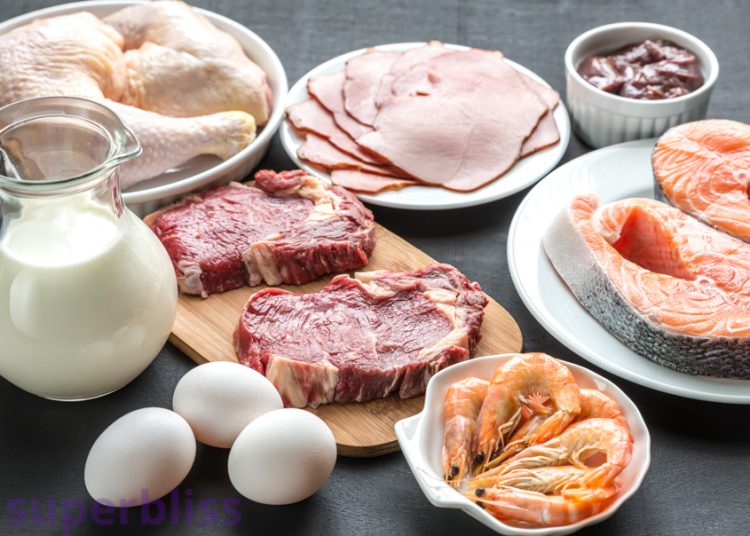
Lean Meats and Poultry
Lean meats and poultry are excellent sources of complete protein, which contains all essential amino acids. Opt for lean cuts like chicken breast, turkey, lean beef, and pork tenderloin to support muscle growth.

Fish and Seafood
Fish and seafood are rich in omega-3 fatty acids, high-quality protein, and micronutrients. Include fatty fish such as salmon, trout, sardines, and mackerel in your diet to promote muscle development.

Eggs: Nature’s Protein Powerhouses
Eggs are a nutritional powerhouse, providing high-quality protein, healthy fats, vitamins, and minerals. They are also rich in choline, a nutrient important for muscle function. Incorporate eggs into your diet, including the yolks.

Dairy Products: A Source of Protein and Calcium
Dairy products like milk, yogurt, and cheese are excellent sources of protein, calcium, and other essential nutrients. Opt for low-fat or Greek yogurt and choose cheeses with lower sodium content to support muscle growth.
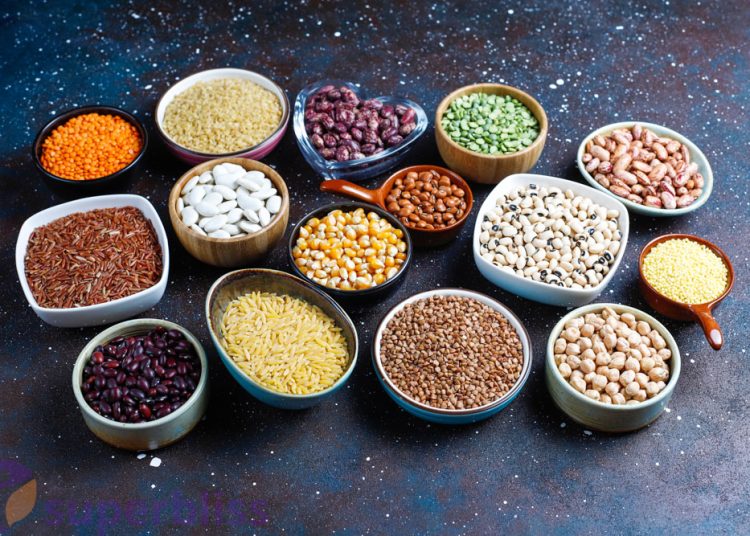
Legumes and Beans: Plant-Based Protein
Legumes and beans are plant-based protein sources suitable for muscle gain, especially for vegetarians or vegans. Include lentils, chickpeas, black beans, and tofu in your meals to meet your protein requirements.

Whole Grains: Complex Carbohydrates
Whole grains like brown rice, quinoa, oats, and whole wheat provide complex carbohydrates, fiber, and essential nutrients. They serve as a sustained energy source and support muscle recovery.
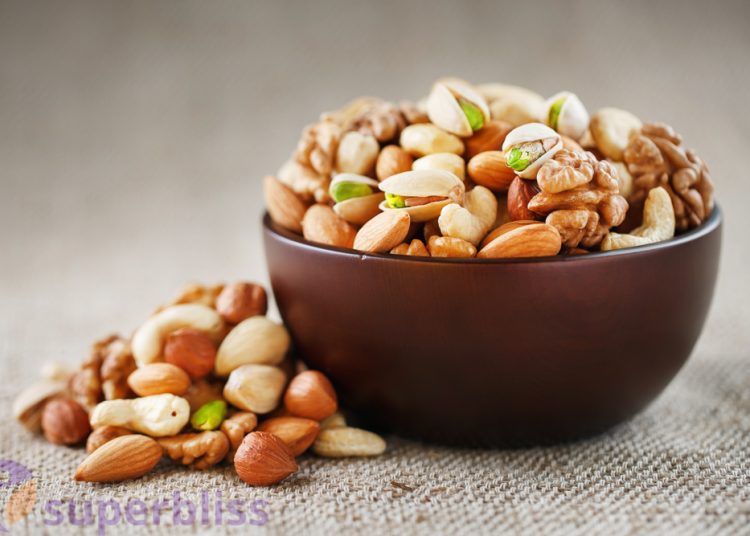
Nuts and Seeds: Healthy Fats and Nutrients
Nuts and seeds are packed with healthy fats, protein, vitamins, and minerals. Almonds, walnuts, chia seeds, flaxseeds, and pumpkin seeds make excellent additions to your diet for muscle gain.

Fruits and Vegetables: Nutrient-Rich Powerhouses
Fruits and vegetables provide a wide range of vitamins, minerals, antioxidants, and fiber. Include a variety of colorful produce like berries, leafy greens, citrus fruits, and cruciferous vegetables to support muscle health and overall well-being.
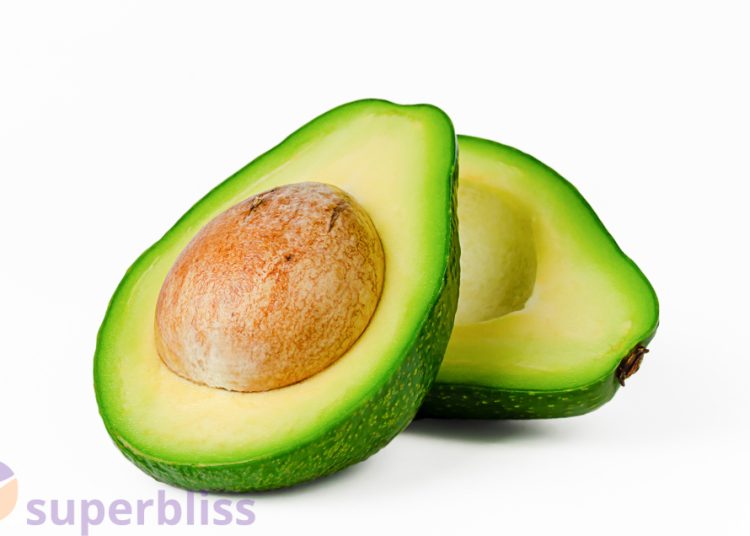
Healthy Fats: Avocado, Olive Oil, and More
Incorporate healthy fats into your diet from sources like avocados, olive oil, coconut oil, and nut butter. These fats provide essential nutrients, promote hormone production, and aid in muscle recovery.
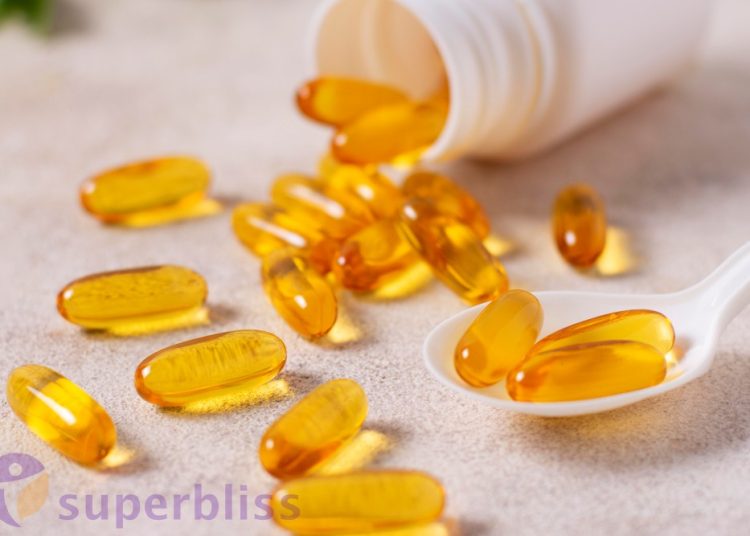
Supplements: Enhancing Muscle Growth
Supplements can complement a well-rounded diet by providing additional nutrients that support muscle growth and recovery. Consult with a healthcare professional or a registered dietitian before incorporating supplements like protein powder, creatine, or branched-chain amino acids (BCAAs) into your routine.
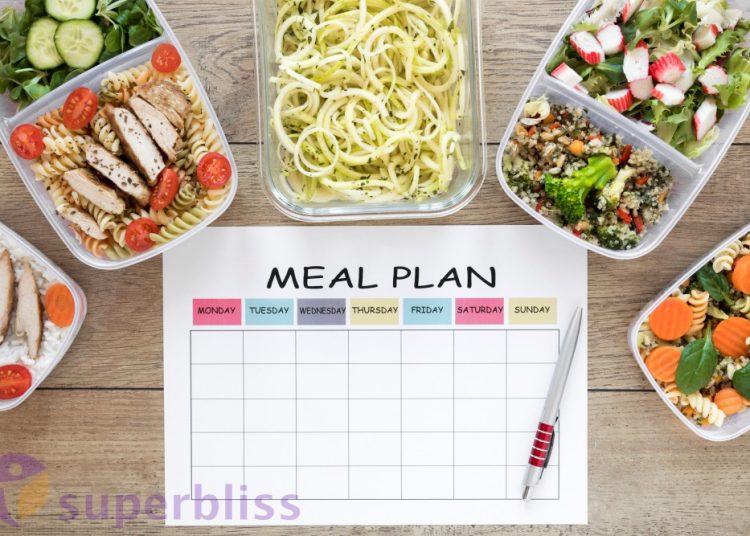
6 Meal Planning for Muscle Gain
Pre-Workout Nutrition
Fueling your body before a workout is essential for optimal performance and muscle building. Consume a balanced meal or snack containing protein and carbohydrates approximately 1-2 hours before your training session.
Post-Workout Nutrition
After a workout, prioritize post-workout nutrition to aid in muscle recovery and growth. Consume a combination of protein and carbohydrates within 30 minutes to an hour of finishing your exercise session.
Balanced Meals and Snacks
Focus on consuming balanced meals and snacks throughout the day to provide your body with a steady supply of nutrients. Include a mix of protein, carbohydrates, healthy fats, and vegetables in each meal.
![]()
7 Designing an Effective Muscle-Building Diet
Caloric Surplus: Fueling Muscle Growth
To build muscle, you must consume more calories than you burn. Aim for a moderate caloric surplus of 250-500 calories per day to provide your body with the energy it needs for muscle growth.
Tracking Macronutrients and Calories
Tracking macronutrients (protein, carbohydrates, and fats) and overall calorie intake can help ensure you’re meeting your nutritional goals. Use online tools or mobile apps to monitor your food intake and adjust as necessary.
Meal Timing and Frequency
Consider spreading your meals and snacks throughout the day to support muscle growth. Aim for 3-5 balanced meals, with protein-rich snacks in between, to provide a constant supply of nutrients to your muscles.

8 Muscle-Building Tips and Strategies
Resistance Training: The Key to Muscle Development
Incorporate regular resistance training into your fitness routine to stimulate muscle growth. Focus on compound exercises that target multiple muscle groups and progressively increase the intensity over time.
Rest and Recovery: Allowing Muscles to Repair
Muscles grow and repair during periods of rest and recovery. Ensure you’re getting adequate sleep, aiming for 7-9 hours per night, and allowing at least 48 hours of rest between intense workouts for each muscle group.
Progressive Overload: Gradually Increasing Intensity
To continue stimulating muscle growth, progressively overload your muscles by gradually increasing the weight, repetitions, or intensity of your exercises over time. This challenges your muscles and promotes continuous improvement.
Adequate Sleep: Supporting Muscle Repair
Sleep is essential for muscle recovery and growth. During deep sleep, the body releases growth hormone, which aids in muscle repair. Prioritize quality sleep to maximize your muscle-building potential.
Managing Stress: Impact on Muscle Gain
Chronic stress can hinder muscle gain and recovery. Implement stress management techniques such as meditation, yoga, or deep breathing exercises to optimize muscle growth and overall well-being.
9 Frequently Asked Questions (FAQs)
Question?
Can I build muscle without consuming animal products?
Answer
Yes, it is possible to build muscle on a plant-based diet. Plant-based protein sources like legumes, tofu, tempeh, and seitan can provide the necessary amino acids for muscle growth. Additionally, plant-based protein powders are available as supplements.
Question?
Is it necessary to take protein supplements for muscle gain?
Answer
While protein supplements can be convenient, they are not necessary for muscle gain. It is possible to meet your protein needs through whole foods alone. However, protein supplements can be beneficial for individuals who struggle to meet their protein requirements through diet alone.
Question?
How long does it take to see noticeable muscle growth?
Answer
The rate at which you see noticeable muscle growth can vary depending on several factors, including genetics, training intensity, nutrition, and consistency. On average, it may take several weeks to a few months of consistent training and proper nutrition to see significant muscle growth.
Question?
Should I prioritize cardio or strength training for muscle gain?
Answer
While both cardio and strength training have their benefits, strength training should be prioritized for muscle gain. Resistance training stimulates muscle growth and should be the focus of your workouts. Incorporating some cardiovascular exercise for overall health is still important but should not take precedence over strength training.
Question?
Can women build significant muscle mass?
Answer
Yes, women can build significant muscle mass with the right training program and nutrition. However, due to hormonal differences, women typically have a harder time building muscle compared to men. Nonetheless, with consistent resistance training and proper nutrition, women can achieve noticeable muscle growth and strength.
10 Bottom Line
Building muscle requires a combination of effective training, proper nutrition, and adequate rest. By incorporating the best foods for muscle gain into your diet and following a well-designed training program, you can optimize muscle growth, increase strength, and enhance athletic performance. Remember to prioritize whole, nutrient-dense foods, stay hydrated, and adjust your caloric intake to support your muscle-building goals. Fuel your body, train smart, and enjoy the journey towards a stronger, more muscular you.
Note: The above content is for informational purposes only and should not replace professional medical advice. Always consult with a qualified healthcare provider before making any dietary or lifestyle changes.


 Fitness
Fitness




 Weight Loss
Weight Loss




 Health
Health


 Popular Items
Popular Items Health Recipes
Health Recipes




 Health Tools
Health Tools Media Feeds
Media Feeds












Discussion about this post